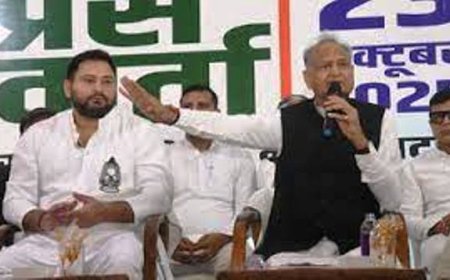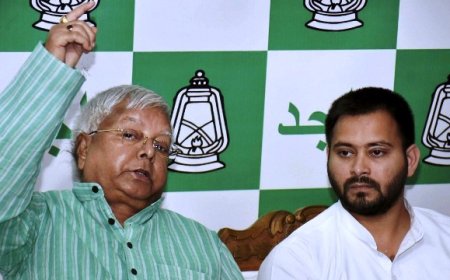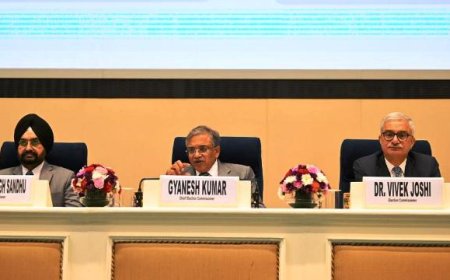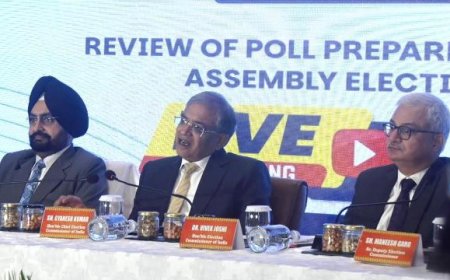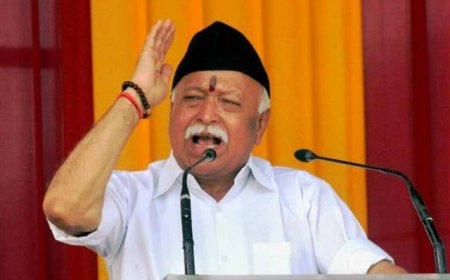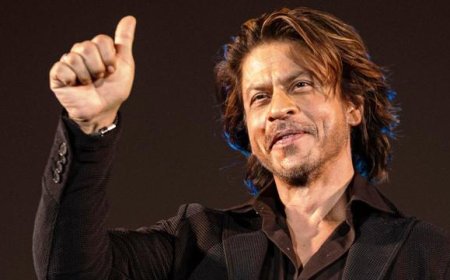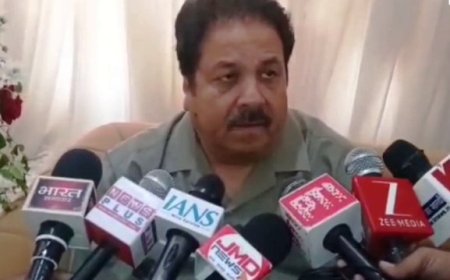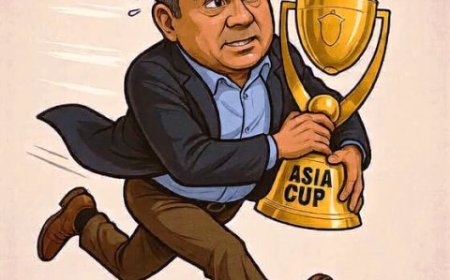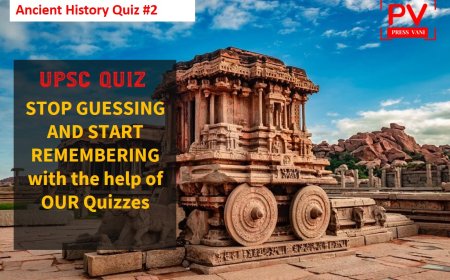Ashok Khemka: The Bureaucrat Who Refused to Bow
In the corridors of power and bureaucracy, where decisions often intertwine with politics, Ashok Khemka's name stands out—not for the positions he held, but for the principles he upheld.

"Ashok Khemka: A Bureaucrat's Unyielding Stand"
In the corridors of power and bureaucracy, where decisions often intertwine with politics, Ashok Khemka's name stands out—not for the positions he held, but for the principles he upheld.
In the power-charged corridors of Indian bureaucracy, where silence is often rewarded and defiance punished, Ashok Khemka built a career by swimming upstream. Over a span of 34 years in the Indian Administrative Service (IAS), this quiet, soft-spoken officer became a symbol of resistance against the nexus of power, politics, and corruption — and paid the price for it, transfer after transfer.
Now retired, Ashok Khemka’s story stands not just as a record of resilience but also as a profound reflection of what it means to serve honestly in a system that often resists accountability.
Early Life and Education
Born on April 30, 1965, in Kolkata, Ashok Khemka exhibited an early penchant for academics. His pursuit of knowledge led him to the prestigious Indian Institute of Technology (IIT) Kharagpur, where he earned a Bachelor's degree in Technology. Furthering his academic journey, he obtained a Ph.D. from the Tata Institute of Fundamental Research and an MBA from the Indira Gandhi National Open University. His diverse educational background laid a strong foundation for his future endeavors in the Indian Administrative Service (IAS).
Entry into the IAS
In 1991, Khemka joined the IAS in the Haryana cadre. From the outset, he was determined to serve the public with utmost integrity and transparency. However, his commitment to ethical governance soon placed him at odds with the political establishment.
The DLF-Vadra Land Deal Controversy
Khemka's most notable act of defiance came in 2012 when he canceled the mutation of a land deal between Robert Vadra, the son-in-law of Congress leader Sonia Gandhi, and real estate giant DLF. This move, perceived as a threat to influential interests, led to his immediate transfer. Yet, this was just the beginning of a series of postings that seemed designed to sideline him.
Truth and Transfers
Khemka’s name burst into the national spotlight in 2012 when he dared to challenge a high-profile land deal involving Robert Vadra, the son-in-law of then-Congress chief Sonia Gandhi. In a move that stunned political observers, he cancelled the mutation of a 3.5-acre plot bought by Vadra’s company from real estate giant DLF, citing procedural and legal violations.
What followed was swift and predictable: he was transferred almost overnight.
But this was no isolated event. By the time he retired in 2025, Ashok Khemka had been transferred 66 times — a staggering record that made headlines as much for its number as for what it symbolized: an honest officer who the system could neither embrace nor ignore.
Advocacy for Reform
Beyond his administrative duties, Khemka became a vocal advocate for reforms within the IAS. He highlighted systemic issues such as arbitrary transfers, lack of accountability, and the politicization of bureaucratic appointments. In a poignant letter to the Chief Minister of Haryana, he lamented that "while the pliable and corrupt continue to flourish in active service... the honest is left with small, insignificant posts" .
Retirement and Legacy
In April 2025, after 34 years of service, Ashok Khemka retired from the IAS. His legacy is not defined by the number of transfers or the positions he held but by his unwavering dedication to ethical governance. He remains a symbol of integrity, a reminder that one individual's commitment to truth can challenge the status quo and inspire future generations of civil servants.
What's Your Reaction?











